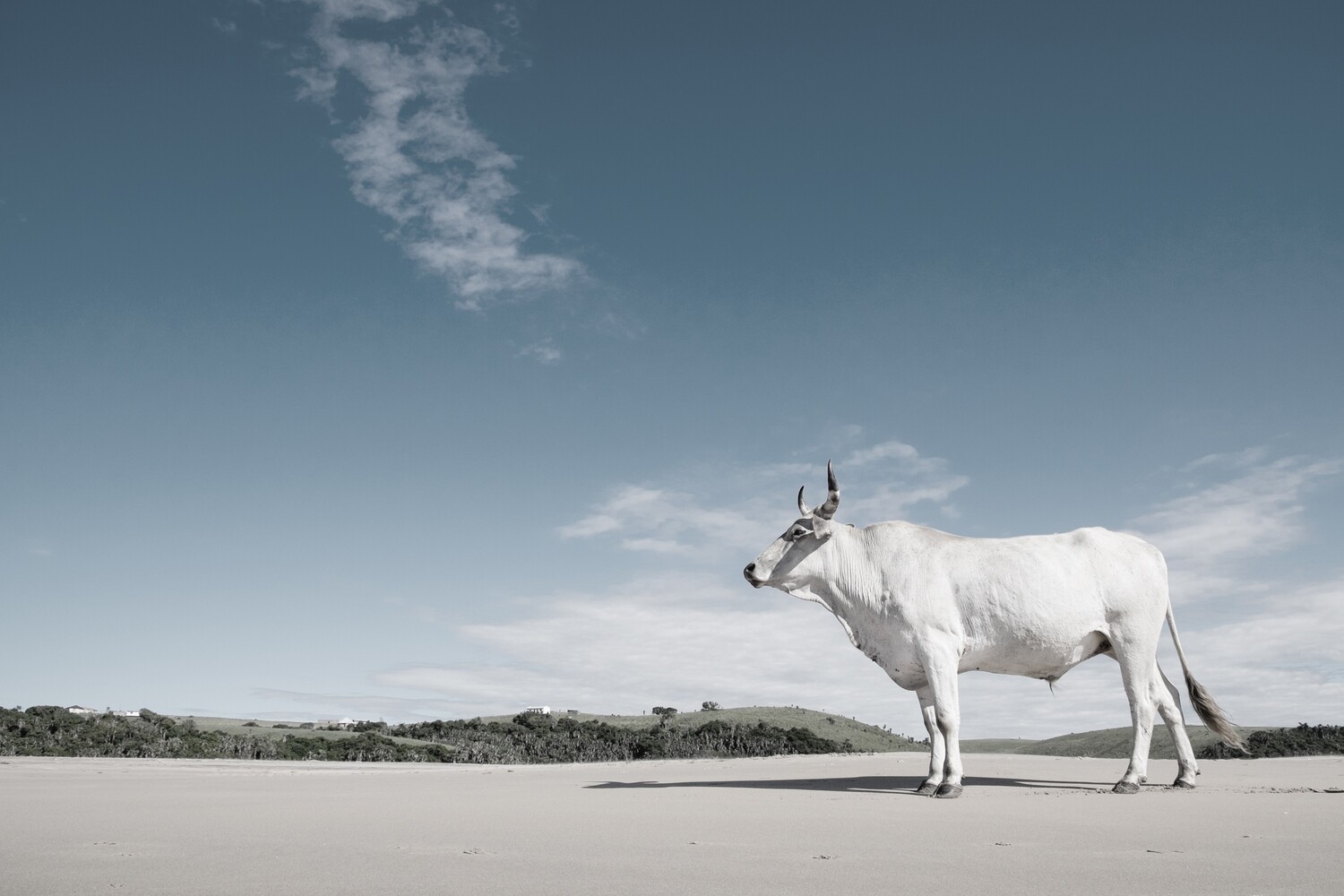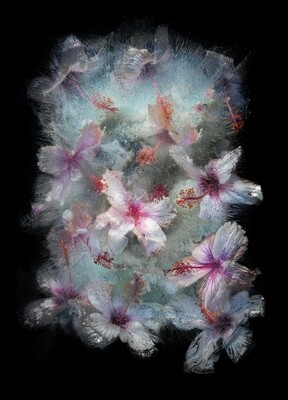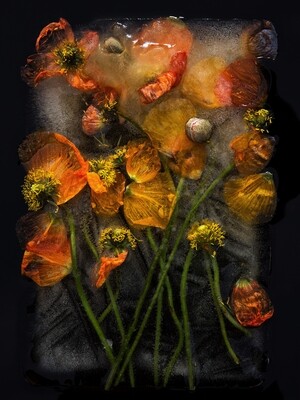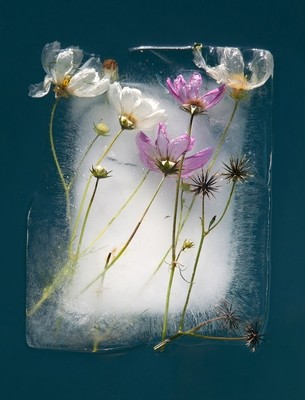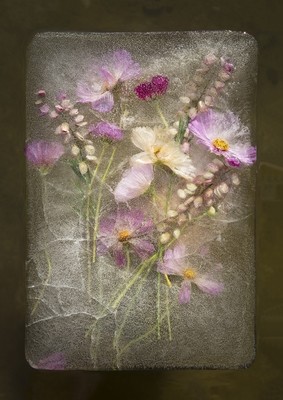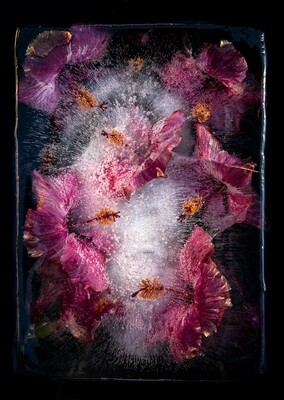Blanco
The Nguni cattle breed is special to southern Africa. A hybrid of different Indian and later European cattlebreeds, they were introduced by Bantu-speaking tribes to southern Africa during their migration from the north of the continent.
All prints are numbered and labelled with artist's signature, and come with a certificate of authenticity. Printed on Hahnemühle Photo Rag® German Etching Paper. 310 gsm · The paper is museum grade has a 3 cm white border.The prints wrapped in acid free paper and rolled into art cardboard tubes where they will be safe until you take it to the framers. This also makes it easy to travel back home with your new print or for us to ship it directly to your front door.
Other sizes/materials/pricing are available, please message designer directly for your custom order.
This product does not include a frame. If you would like a framed artwork please contact us and we would be happy to quote you on framing and shipping.
Please contact us if you would like to order a custom sized artwork.
32alchemists My wife loved her birthday present! Thank you so much you two. It is beyond beautiful. And the whole journey was flawless. It feels like “Swans” was more than a purchase, it was an adventure of following the story of your art to our home. Thank you. Will send pics shortly.
Daria : Bruce — I got the prints last week, and they look beautiful! I’m so excited to get them framed and get them up! Thank you so very much for taking such time and care to get these printed, I just love them! Will keep an eye on your work in the future too.Thanks so much!!-daria
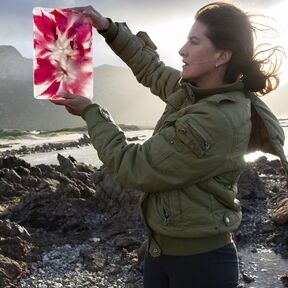
Bruce Boyd and Tharien Smith
O ̊C
After a few days of experimentation we dropped some ice blocks into a swimming pool and were mesmerised by the results. When immersed in water, the ice cracked and created a totally unique canvas. Within the process of freezing and thawing, strange and exciting things happened.
We spent about a year photographing more than a hundred blocks of ice-arrangements. Most of the time the conditions weren’t perfect or the ice-blocks had developed a cloudiness, which obscured the flowers. After a few months we perfected the process and were able to get together enough material for an exhibition.The process
Flowers are frozen overnight in plastic containers and then photographed at dawn in the nearest pool, stream or puddle. Upon hitting the water the ice-blocks crack randomly and together with the bubbles formed during the freezing process, create an unique picture.Why ice? "I find it fascinating that ice can preserve something and at the same time also enhance or distort the beauty of it. For a few fleeting moments, we are treated to this preserved beauty, the past encapsulated perfectly, before the ice melts and flowers wilt. "